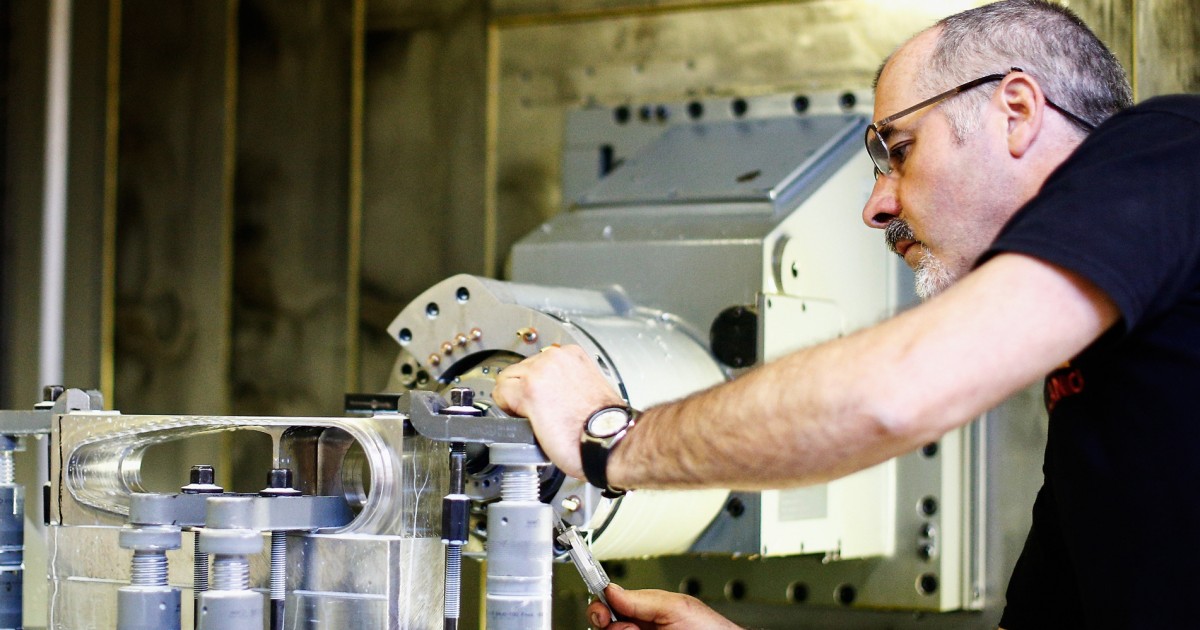
Neutron Detectors
Neutron detectors are devices used to detect and measure the presence of neutrons. In the context of space and astronautical engineering, neutron detectors are used to measure the flux of neutrons in space, which can provide valuable information about the radiation environment and help to protect astronauts and spacecraft from harmful radiation. Neutron detectors can also be used to detect neutrons produced by nuclear reactions, such as those that occur in nuclear reactors or during nuclear fusion experiments. There are several types of neutron detectors, including gas-filled detectors, scintillation detectors, and solid-state detectors, each with their own advantages and disadvantages depending on the specific application.
Your Previous Searches
Random Picks
- Maneuvering: Maneuvering refers to the process of controlling the movement and position of a spacecraft in space. This involves adjusting the spacecraft's velocity, direction, and orientation to achieve a desired trajectory or to avoid obstacles. Maneuv ... Read More >>
- LIGO: LIGO (Laser Interferometer Gravitational-Wave Observatory) is a large-scale physics experiment aimed at detecting gravitational waves. It consists of two identical detectors located in the United States, one in Hanford, Washington and the o ... Read More >>
- Dark Matter: Dark matter is a hypothetical form of matter that is thought to account for approximately 85% of the matter in the universe and about a quarter of its total energy density. It is called 'dark' because it does not interact with light or any ... Read More >>
Top News

A day at Uranus just got 28 seconds longer...
A day at Uranus just got a little longer...
News Source: ABC News on 2025-04-07

SpaceX's Fram2 returns from first-of-its-kind mission around Earth's poles...
The Fram2 mission, paid for and led by a cryptocurrency billionaire who is flying with three guests, has returned after a journey on a unprecedented polar orbit....
News Source: CNN on 2025-04-04

Scientists release plans for an even bigger atom smasher to address the mysterie...
GENEVA — Top minds at the world’s largest atom smasher have released a blueprint for a much bigger successor that could vastly improve research into the remaining enigmas of physics....
News Source: NBC News on 2025-04-01

Scientists release plans for even bigger atom smasher along the French-Swiss bor...
Scientists at the world’s largest atom smasher have released a blueprint for a much bigger successor that could help solve enigmas of physics, starting in the mid-2040s at a cost of about $16 billio...
News Source: ABC News on 2025-04-01

The 'Blaze Star' hasn't exploded yet, but it could soon...
T Coronae Borealis has an outburst every 79 to 80 years, according to NASA....
News Source: ABC News on 2025-03-28